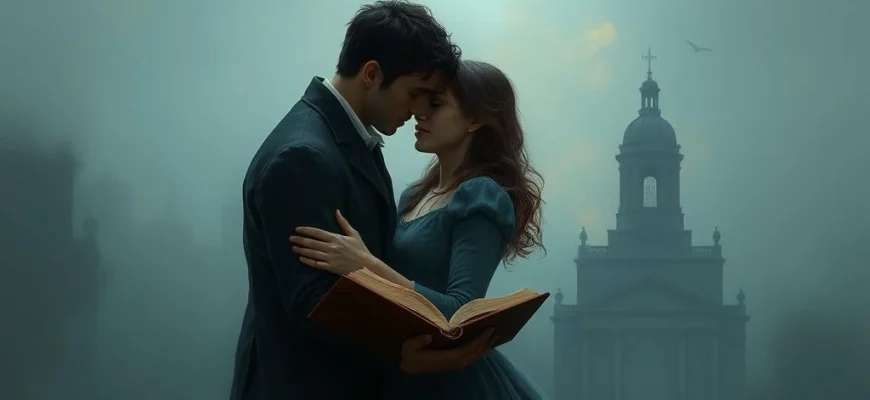If you were captivated by the dark romanticism and tragic beauty of Amour Fou (2014), this list is for you. We’ve curated 10 films and shows that echo its themes of doomed love, intellectual passion, and historical melancholy. Whether you’re drawn to its austere aesthetics or its exploration of love and death, these recommendations will satisfy your craving for similarly haunting narratives.

The Lovers on the Bridge (1991)
Description: A raw and poetic portrayal of love and desperation, set against a backdrop of societal neglect and emotional intensity.
Fact: The filmmakers built a full-scale replica of Paris's Pont Neuf bridge for the production, which took three years to complete.
 Watch Now
Watch Now 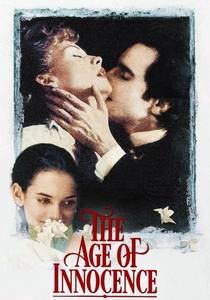
The Age of Innocence (1993)
Description: A lush, visually sumptuous period piece that dissects the suffocating constraints of high society and unfulfilled longing.
Fact: Martin Scorsese considered this his most violent film, despite its lack of physical violence, due to its emotional brutality.
 Watch Now
Watch Now 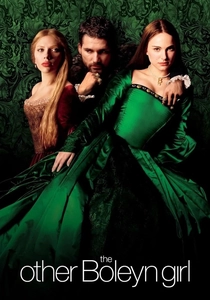
The Other Boleyn Girl (2008)
Description: A historical drama centered on rivalry, ambition, and the tragic consequences of love and power within a rigid societal structure.
Fact: The film's script went through 27 drafts before production began, and the final version was written in just three weeks.
 Watch Now
Watch Now 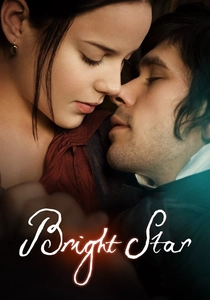
Bright Star (2009)
Description: A tender yet tragic romance that captures the intensity of poetic love and the pain of separation, rendered with delicate visual beauty.
Fact: The film's title is taken from a sonnet by John Keats, whose life and love affair with Fanny Brawne it dramatizes.
 Watch Now
Watch Now 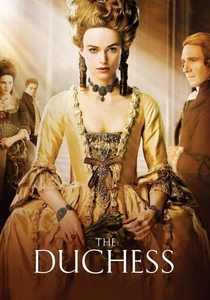
The Duchess (2008)
Description: Delves into the constraints of societal expectations and personal sacrifice within a historical setting, emphasizing emotional repression and tragic romance.
Fact: The costumes were based on actual 18th-century designs, and Keira Knightley performed many of her own stunts in the film.
 Watch Now
Watch Now 
The White Ribbon (2009)
Description: A haunting exploration of repressed emotions, societal hypocrisy, and the dark undercurrents of human nature, presented with stark visual precision.
Fact: Shot in black and white to evoke early 20th-century photography, the film won the Palme d'Or at Cannes in
 Watch Now
Watch Now 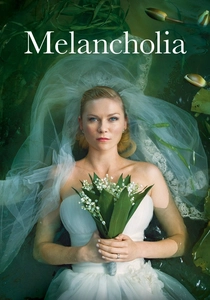
Melancholia (2011)
Description: Explores themes of existential dread and emotional turmoil through a visually striking and poetic lens, mirroring the introspective and melancholic tone.
Fact: The film's opening sequence was inspired by pre-Raphaelite paintings, and Lars von Trier wrote the script while undergoing depression therapy.
 Watch Now
Watch Now 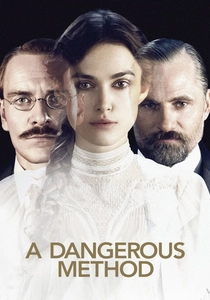
A Dangerous Method (2011)
Description: Examines the complexities of human psychology, repressed desires, and intellectual rivalry within a historical and emotionally charged framework.
Fact: The film is based on real-life correspondence between Carl Jung and Sigmund Freud, and much of the dialogue is drawn from their letters.
 Watch Now
Watch Now 
The Handmaiden (2016)
Description: A meticulously crafted tale of deception, desire, and liberation, blending psychological depth with opulent period aesthetics.
Fact: The film is loosely based on Sarah Waters' novel 'Fingersmith,' but transposes the setting from Victorian England to 1930s Korea under Japanese rule.
 Watch Now
Watch Now 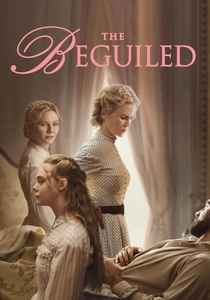
The Beguiled (2017)
Description: A tense, atmospheric drama set in a confined space, where repressed desires and power dynamics lead to psychological and emotional unraveling.
Fact: Sofia Coppola became the second woman ever to win Best Director at Cannes for this film, which is a remake of a 1971 Clint Eastwood movie.
 Watch Now
Watch Now 
